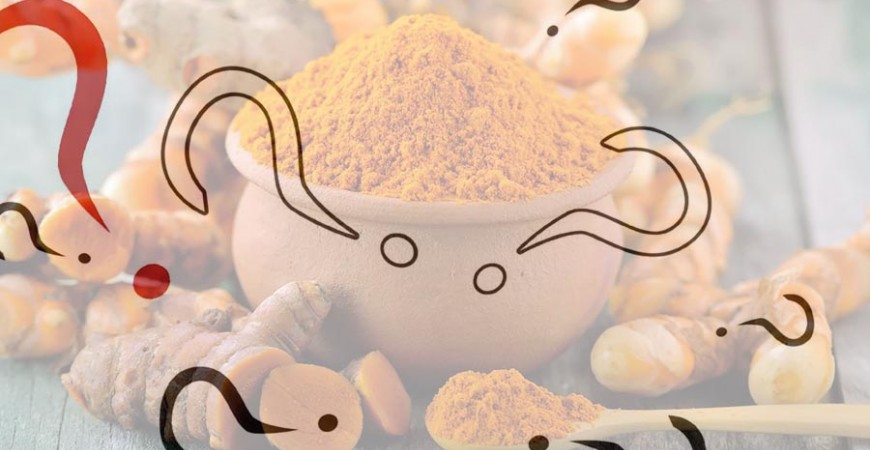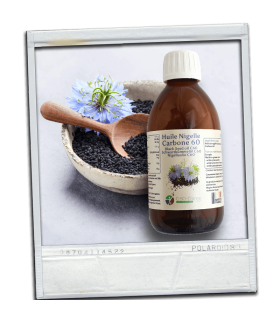Questions and Answers about the benefits of curcumin
by
What is curcumin?
- Curcumin is a natural compound that is found in turmeric, a spice commonly used in cooking. It is a member of the ginger family and is known for its bright yellow color and distinct flavor.
What are the benefits of curcumin?
Curcumin has a number of potential health benefits, including:
- Reducing inflammation and swelling
- Supporting heart health and reducing the risk of heart disease
- Supporting brain health and reducing the risk of cognitive decline
- Reducing the risk of certain types of cancer
- Supporting digestive health
- Reducing pain and stiffness in people with osteoarthritis
What are the best food sources of curcumin?
- Curcumin can be found in turmeric, a spice commonly used in cooking. Turmeric can be added to a variety of dishes, including curries, soups, and stews. Curcumin is also available as a supplement in the form of a pill, capsule, or powder.
What is piperine?
- Piperine is a natural compound that is found in black pepper, a spice commonly used in cooking. It is responsible for the pungent flavor and aroma of black pepper.
What are the benefits of piperine?
Piperine has a number of potential health benefits, including:
- Inhibiting the breakdown of certain drugs and supplements in the liver, which can increase their effectiveness
- Reducing inflammation and swelling
- Supporting digestive health
- Supporting weight loss
How does curcumin work in the body?
- Curcumin has a number of mechanisms of action in the body. It is a potent anti-inflammatory agent and has been shown to reduce inflammation and swelling in a number of conditions, including osteoarthritis and rheumatoid arthritis. Curcumin is also an antioxidant, which means it helps to protect cells from damage caused by free radicals. Free radicals are unstable molecules that can cause damage to cells and contribute to the development of certain diseases.
Can curcumin help with heart health?
- Some research has suggested that curcumin may help to support heart health and reduce the risk of heart disease. Curcumin may help to lower cholesterol levels, reduce blood pressure, and improve the function of blood vessels. However, more research is needed to fully understand the potential benefits of curcumin on heart health.
Can curcumin improve brain health?
- Some research has suggested that curcumin may help to improve brain health and reduce the risk of cognitive decline. Curcumin is thought to work by reducing inflammation and oxidative stress in the brain, and it may also help to protect brain cells from damage. However, more research is needed to fully understand the potential benefits of curcumin on brain health.
Can curcumin reduce the risk of cancer?
- Some research has suggested that curcumin may have anticancer properties and may help to reduce the risk of certain types of cancer. Curcumin is thought to work by inhibiting the growth and proliferation of cancer cells and by inducing cell death in cancer cells. However, more research is needed to fully understand the potential benefits of curcumin on cancer prevention.
Can curcumin improve digestive health?
- Some research has suggested that curcumin may help to improve digestive health and reduce the risk of digestive issues, such as indigestion and ulcers. Curcumin is thought to work by reducing inflammation and supporting the growth of healthy gut bacteria. However, more research is needed to fully understand the potential benefits of curcumin on digestive health.
Can curcumin reduce pain and stiffness in people with osteoarthritis?
- Some research has suggested that curcumin may help to reduce pain and stiffness in people with osteoarthritis, a degenerative joint disease that causes pain and stiffness. Curcumin is thought to work by reducing inflammation and oxidative stress in the joints. However, more research is needed to fully understand the potential benefits of curcumin on osteoarthritis.
How does piperine work in the body?
Piperine is a natural compound that is found in black pepper, and it is responsible for the pungent flavor and aroma of this spice. Piperine has a number of mechanisms of action in the body, including:
- Inhibiting the breakdown of certain drugs and supplements in the liver, which can increase their effectiveness
- Reducing inflammation and swelling
- Supporting digestive health
- Supporting weight loss
Can piperine improve the effectiveness of certain drugs and supplements?
- Some research has suggested that piperine may help to improve the effectiveness of certain drugs and supplements by inhibiting their breakdown in the liver. This can increase the bioavailability of these substances, which means they are more readily absorbed and used by the body. However, more research is needed to fully understand the potential benefits of piperine on drug and supplement effectiveness.
Can piperine reduce inflammation and swelling?
- Yes, some research has suggested that piperine may have anti-inflammatory effects and may help to reduce inflammation and swelling. Piperine is a natural compound that is found in black pepper, and it is thought to work by inhibiting the production of certain inflammatory substances in the body.
- Piperine has been shown to reduce inflammation and swelling in a number of animal studies, but more research is needed to fully understand the potential benefits of piperine in humans. It is important to note that piperine is generally considered safe when consumed in normal amounts as a spice in food, but taking high doses of piperine supplements may have negative side effects, such as stomach upset and changes in blood pressure. It is always best to talk to a healthcare provider before taking any new supplement, especially if you have a pre-existing health condition or are taking medications.
Leave a Comment
Leave a Reply











